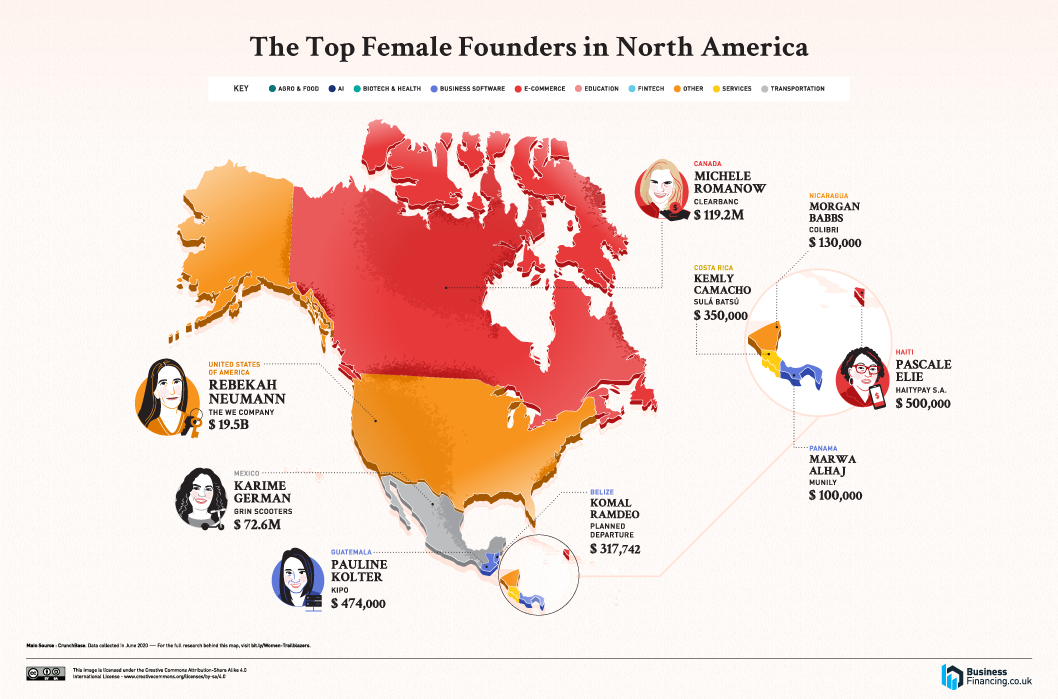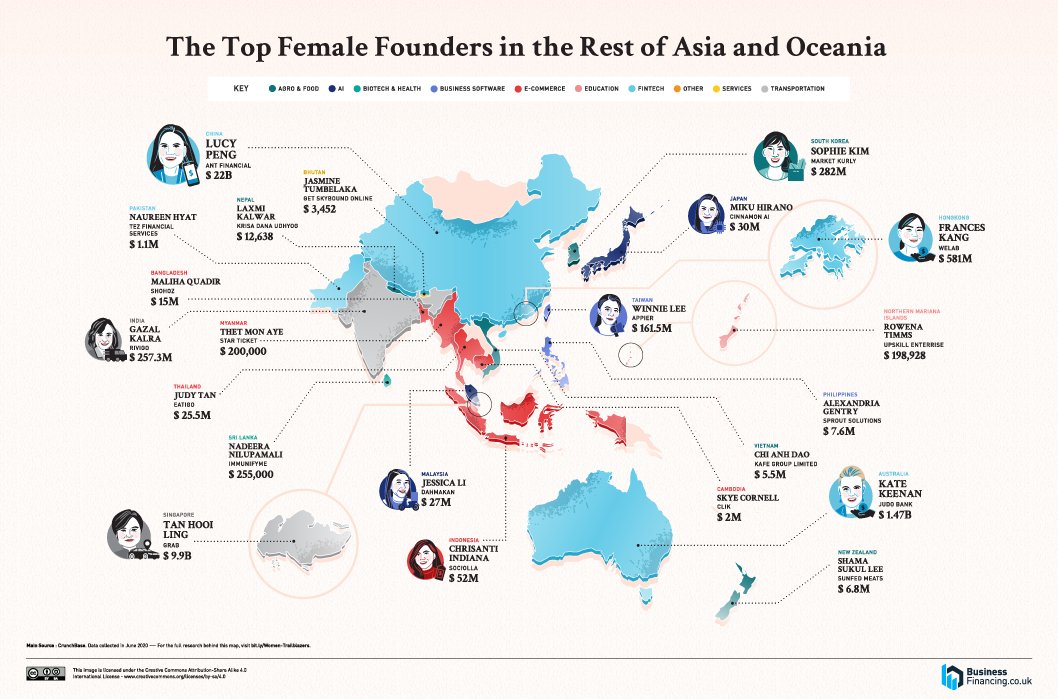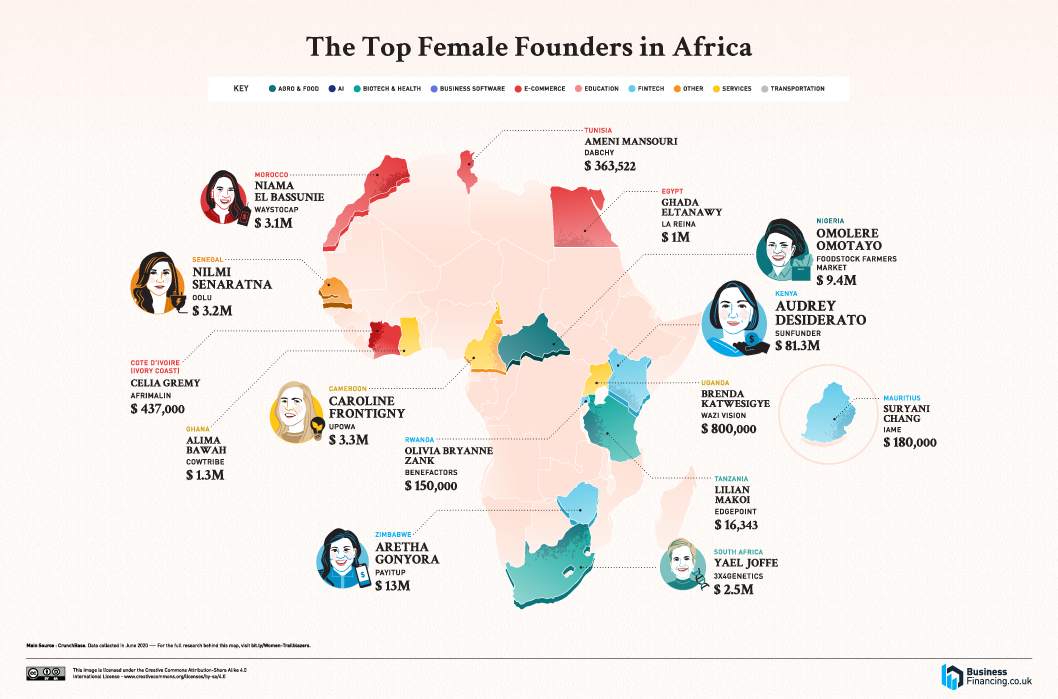If you’d like to learn how to create positive energy every single day so you can live your best life, sign up for the free 90-Day Master Class hosted by the founder of Addicted2Success.com, Joel Brown.
Even as a post-pandemic world is slowly, but surely becoming a reality, the global trend indicates a new pandemic bubbling beneath the surface. Don’t worry, the effects of this particular pandemic will not (measurably) kill hundreds of thousands. It will not instigate a lockdown nor will it devastate economies. But the consequences of the ‘unhappiness pandemic’, even though subtle, will leave a lasting impact on individuals and families.
In a recent survey by the NORC (National Opinion Research Centre) at the University of Chicago, just 14 % of American adults indicated they are very happy – ‘a 17 percent drop from 2018 and the lowest number since the survey began in 1972.
These numbers are consistent with the World Happiness Report trend – a ranking of countries based on their life satisfaction in the Gallup poll – which has shown a steady and alarming increase in unhappiness in some countries. The most likely explanation being that, increasing digitization has heightened certain attitudes that contribute to unhappiness.
The good news however is that your happiness remains within your control. Nothing can make you unhappy without your permission and no one else can determine the bounds of your happiness. Even today, in this very moment, you can take effective actions to lead the happy and fulfilled life you were always meant to have.
To take action in the right direction, however, you must first know the reason(s) why you are unhappy. Here are 7 root causes of unhappiness:
1. You don’t do more of the things you love
Remember when you were young, care-free and the whole concept of time seemed absurd to you? If you wanted to enjoy a game, you did. If you wanted to dance, you danced. And you felt happy doing so. You didn’t have to worry about a client call, an angry boss, or a family of 7 to cater for. Now you are much older, and well, life has happened.
But despite the hectic, energy-zapping, and sometimes mundane nature of everyday adult life, creating time for your hobbies is still necessary.
This grown-up you may not have the luxury of getting paid to play and dance. But, you can still create time to play and dance; to have fun and revel in the joy of it all. This will insert a jolt of positive energy into your life!
2. You are competing with others
Contrary to the perceptions of many, life is not really a competition. It’s a marathon against yourself and a competition with the person you were yesterday. No one else is running on your track.
When we treat life like some race to the top, happiness will remain elusive. There will always be someone wiser, smarter, richer, and cuter. So what? Are you going to be unhappy because someone else is seemingly better? They may be better than you in one area, but that doesn’t hold true for every area. Your responsibility is to recognize, cherish, and nurture your unique gifts and strengths.
“Competition is the thief of joy” – Theodore Roosevelt
3. You don’t love yourself
Don’t be so busy neglecting your body and mind. A good diet and exercise routine will not only improve your overall health, it will also make you look and feel good!
Furthermore, take care of your mind. It’s your most important asset, with unlimited abilities and potential. Some of the world’s most valuable brands have yearly revenue more than the GDP of certain nations. But these brands were conjured up from the mind. They started as a mere figment of someone’s imagination.
Invest in your mind and marvel us with your brand. Read books, learn, and continually add value to your mind. Not only will this increase your perception and understanding, but you’ll feel happier and more confident.
4. You don’t spend time with happy people
Ever heard the maxim: ‘laughter is contagious’? Well, so is happiness. Your friendships and associations have been shown to affect your emotional state.
Studies show that individuals who spent time with happy people were more likely to be happier and have an improved sense of well-being.
So, spend time with positive, inspiring people and have a rub-off of their happiness. Don’t be with people who are all doom and gloom, as though the world’s problems are on their shoulders.
5. You don’t express gratitude
Are you finding it difficult to express gratitude because your life isn’t going according to plan? Or you’ve gone through some terrible experience in the past that you’d rather be resentful and bitter. Well, don’t be. There is still a lot to be grateful for.
You have your family who, despite the occasional squabble, they love and value you. Your friends, some of whom will go through walls for you; and your job, which may not be perfect, but continues to get you up in the morning. Heck, you even have your enemies who, through their actions have taught you how to love in the face of hate along with making you stronger and wiser. And then, there’s you!
You’ve made it this far, alive and strong. And the fact you’re reading this means you haven’t given up on the potential for growth. Despite the challenges, the disappointments, the sadness, the countless faux pas, you’re better off than you were yesterday and have in fact made progress. Be grateful for the fact that you survived, because not everyone has.
6. You hold onto the past
Everyone has had some difficult and painful past experiences, but great achievers recognize that the past does not define them. They draw valuable insight from these experiences and use them as motivation for greater success.
By holding on to grudges, you incite negative feelings – regret, resentment, and bitterness – and plunge yourself more into the mire of unhappiness. As a consequence, your productivity and work may be affected.
And, for what? An experience that, in the great scheme of things, doesn’t amount to a blip in your life’s journey? Let go! Continue to move on towards greater levels of happiness, productivity, and success.
“Holding on to the past means you can never be open to having a future.” – Laurann Dohner
7. You don’t want to get help
Are the reasons for your unhappiness outside your control? Perhaps you are struggling with habits or addictions? For your sake, and the countless others who’d profit from your happiness, productivity, and success, get help!
Your inner circle may be more valuable than you think, in this regard. Simply talking to a family member, a friend or a close relative could be all the help you need.
For long term and deep-rooted problems, seeing a professional will be necessary. By going out wholeheartedly for counseling, therapy, or even rehabilitation, you’d begin the necessary process of taking back control of your life, and happiness.
Remember, nobody gets a gold star for struggling.
Do any of these reasons resonate with you? If so, what are you going to do about it? Head over to the comment section and let’s talk!
from
https://addicted2success.com/life/7-simple-reasons-you-are-unhappy-in-life/









